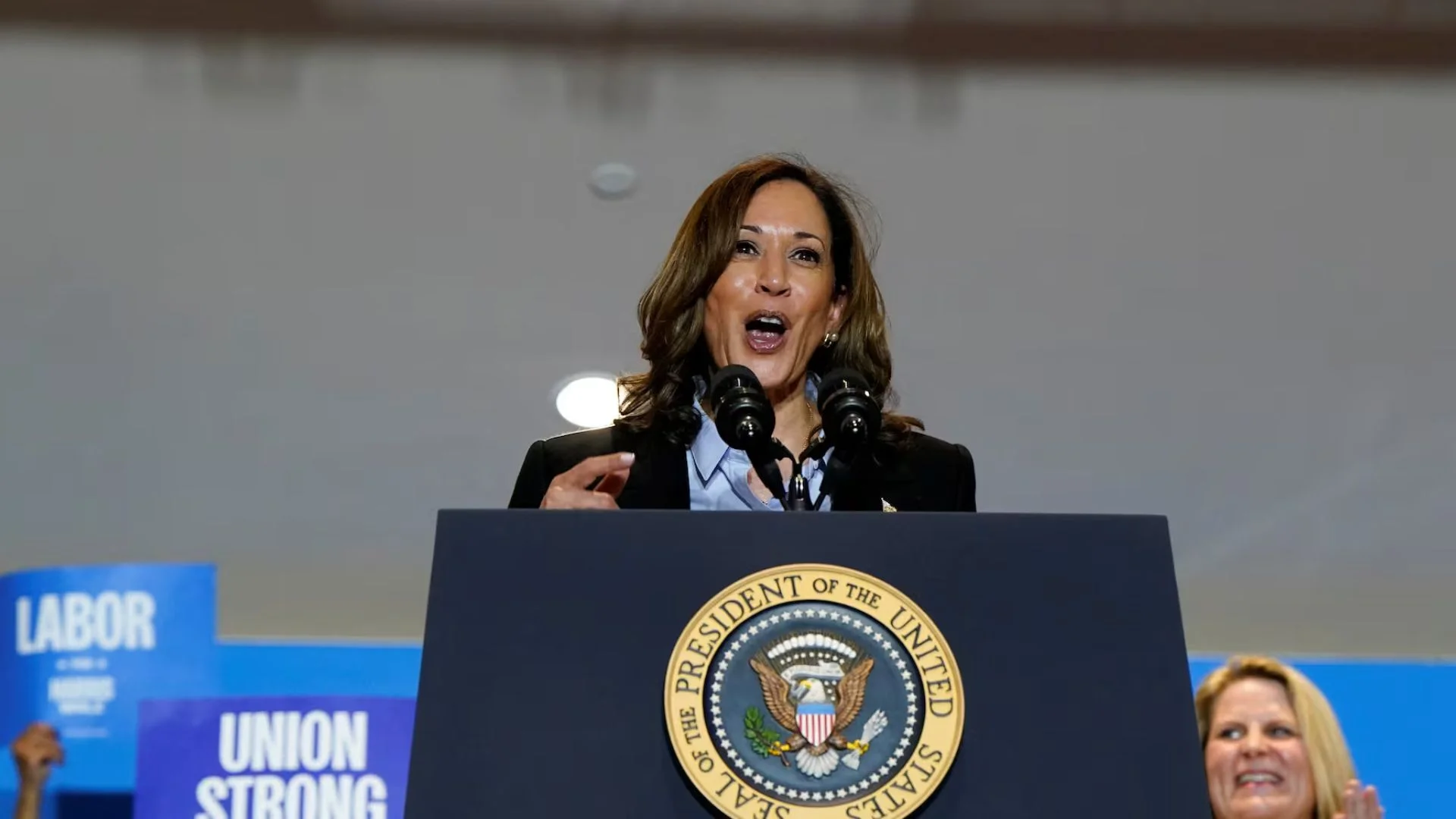Goldman Sachs Predicts Harris Victory as Economic Boon
Goldman Sachs has endorsed Vice President Kamala Harris as the most favorable candidate for the U.S. economy in the 2024 election. According to the financial firm, a Harris victory would provide the best economic outcome compared to a potential Republican sweep.
Republican Policies May Hamper Economic Growth
Goldman Sachs analysts argue that a Republican sweep, including a win by former President Donald Trump, could negatively impact economic growth. Trump’s proposed policies, such as increased tariffs on imports and stricter immigration measures, are projected to hinder economic expansion. Analysts estimate that the economic setback from these tariffs and immigration restrictions would outweigh any positive fiscal effects.
Harris’s Economic Plan Promises Job Growth
Under a Harris administration, Goldman Sachs forecasts a modest increase in job growth—approximately 10,000 more jobs per month compared to a Trump presidency with divided government, and 30,000 more than under a full Republican control. Harris’s economic strategy includes restoring the expanded Child Tax Credit and introducing a new $6,000 tax credit for low- to middle-income families with newborns. Additionally, she plans to lower costs for prescription drugs and groceries, and address issues related to Wall Street’s influence on housing.
Impact of Trump’s Economic Policies
In contrast, Trump’s economic platform features a proposed 10% tariff on all imported goods, which he argues will protect American jobs and fund his 2017 tax cuts. Analysts anticipate that Trump might reimpose tariffs on Chinese goods and increase tariffs on electric vehicles, potentially raising them by up to 100%. His economic policies are expected to significantly increase the federal deficit, adding $5.8 trillion over the next decade. This is nearly five times more than Harris’s proposals, which are projected to add $1.2 trillion, according to the University of Pennsylvania’s Penn Wharton Budget Model.
Goldman Sachs’s analysis suggests that Kamala Harris’s policies would provide a more stable and favorable economic environment compared to Donald Trump’s proposed economic changes, which could lead to substantial economic and fiscal challenges.







